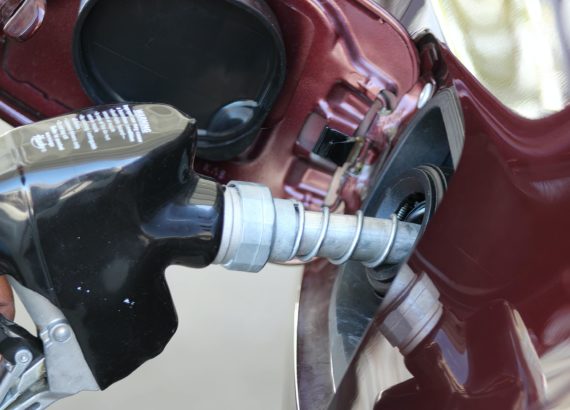Mobile Businesses Today – The Finer Details
There is an undeniable trend developing of late, with many start-ups popping into existence having decided to forgo investing in traditional premises. Instead, they are going forth as mobile outlets which can be transported to customers far and wide and new; or parked on a prime street-side location waiting for them to patronize the business. It is, of course, a more affordable option than signing on to the lease of a traditional building, but the question remains as to whether it is practical in the long-run. Not only that, it raises many issues pertaining to the legalities of such impermanent operation. To this end, it is important to know what is permissible and what really is not.
On the Road, Driving Rules
Those first-time business owners who have elected to pass over choosing brick-and-mortar as their professional base, who have also seen no benefit in conducting their customer relations online or via eCommerce – an increasing majority are deciding instead upon alternative, mobile means. Used commercial vehicles are hot property and are being sourced in greater numbers to facilitate food truck enterprises, delivery services, niche clothing stores, and other start-up ideas. This is all good and well and innovative, but the reality is those same motors require appropriate driving licenses, and tax and insurance suitable to their vehicular needs. It can be the most wonderfully re-purposed cargo van, painted with care in a long thought over combination of colors and lettering, but at the end of the day it is still a cargo van for the purposes of paperwork. Often, such practicalities are skated over. However, not everyone who is of entrepreneurial mindset is capable of maneuvering larger motors.
Pricey Practicalities
Although on the face of it being the more affordable option, running a mobile business incurs costs that fixed premises don’t. For example, fluctuating gas prices, the environmental tax of the vehicle’s emissions which only increase with a vehicle’s age, tire replacement, and measures for differing weather. It is possible to partner with other, fixed premises businesses in a locality and gain permission (for a fee or percentage of profits) to park in their car park for a month or so to cut down on fuel costs. If your motorized business option is very much a mobile one, however, and on the road frequently, these fundamental costs can add up quickly. Furthermore, the more often on the road, the more need for maintenance, cleaning, and even the potential for multiple parking or speeding tickets.
Mobile, Yet Memorable
Another aspect mobile businesses have to consider is how to stay current when no longer in a vicinity. To this end, the internet is a blessing indeed. It may take time to properly configure a website that really puts across their product or service, but that coupled with promotion over equally well-managed social media pages is wise marketing. This, the newest entrepreneurs are well aware of, potentially having marketed their start-ups this way before even opening.
My Say
As with all business owners, innovation and quick thinking serve to keep a company in front of its competitors. The latest start-ups are veritably speeding ahead.















